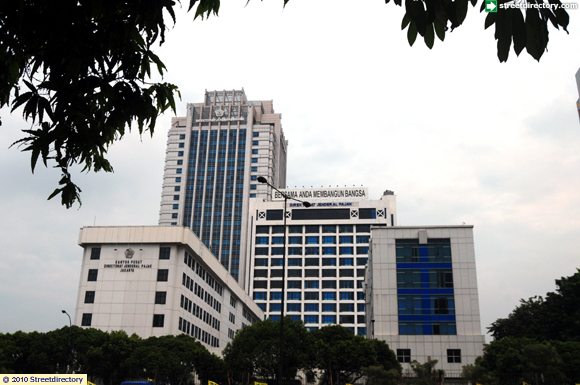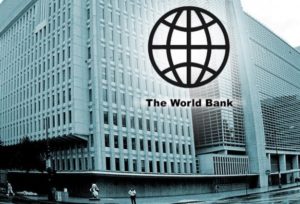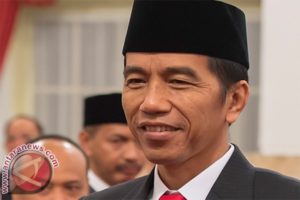Jakarta, 15 Syawal 1437/20 July 2016 (MINA) – Indonesia is now gearing up to welcome the repatriation of funds from its taxpayers deposited in foreign countries through the implementation of tax amnesty program with many of its agencies now prepare additional services to welcome the funds and possible investments at home to accommodate the funds.
The formation of additional services was to follow suit the technical procedure direction recently issued by the financial ministry to accommodate the Law No. 11/2016 on tax amnesty initiated by the government.
The law provides ransom tax rates from 2 to 5 percent for taxpayers who are willing to repatriate their funds from foreign countries, depended on how fast they filed in their assets in countries abroad to Indonesian authorized institution.
For those who are only willing to declare their assets in countries abroad without the intention to repatriate their funds to Indonesia, government provides ransom tax rates between 4 to 10 percent, also depended on how fast they file in reports on their assets.
Also Read: Saudi Arabia Wins Bid to Host World Expo 2030
The tax amnesty policy was expected to bring in some 165 trillion rupiah (about 12.6 billion U.S. Dollars) into the country.
Based on government data, 3.14 quadrillion rupiah (about 239.89 billion U.S. Dollars) of Indonesian funds is parked abroad to evade tax.
Indonesia’s Investment Coordination Agency (BKPM) established a particular team featured with account officers to accommodate taxpayers intending to invest their repatriated funds to Indonesia.
“The account officers would be tasked to escort those investors,” Head of BKPM Franky Sibarani was quoted by Xinhua as saying in his office on Monday.
Also Read: 148 Products from Indonesia Promoted at Sarawat Superstore Jeddah
The direct investment prepared by BKPM was an alternative to accommodate the influx of repatriated funds. The other investment portfolios prepared by government for the repatriated funds were bonds, sovereign notes and stock market.
BKPM provides integrated services
Also Read: Packaging Industry Supports Halal Ecosystem
The BKPM would provide integrated services comprised of three-hour investment permission process, rapid green-lane for import process, tax holiday and tax allowance based on the existing terms and conditions.
Taxation Directorate General at Financial Ministry also established a particular task force available in each of its tax service offices (KPP) across the country to serve taxpayers participating in tax amnesty program.
Officers in the KPP were also told to update the taxpayers’ data and reactivate their ID numbers after they were recognized as “non-effective” in taxation term.
Indonesia also endorsed 19 banks, comprised of domestic and foreign banks, to accommodate the repatriation of huge sum of funds from the taxpayers into the nation.
Also Read: Indonesia-Japan Agree on Energy Transition Cooperation
Despite all of those services, government warned bogus taxpayers should they were found of intentionally falsifying their data, they would be entitled to pay Income Tax (PPh) up to 200 percent.
According to a senior central bank official, the tax amnesty program would bring positive impact for the exchange rate of the nation’s currency against the U.S. dollar.
“Tax amnesty would further strengthen the rupiah in the future as they (the taxpayers) would invest their repatriated funds in investment portfolios,” Indonesian central bank, Bank Indonesia, Deputy Governor Perry Warjiyo said on Tuesday, adding that the tax amnesty would further supply to the nation’s foreign currency reserves. (T/R07/R01)
Mi’raj Islamic News Agency (MINA)
Also Read: Dubai Expo 2020 Holds Special Event for Palestine











![Israeli tanks and APC’s gather by the Israeli – Lebanese border. Amid Israel’s escalating campaign against Hezbollah in Lebanon on September 30, 2024. [Erik Marmor/Getty Images]](https://en.minanews.net/wp-content/uploads/2024/10/IMG_20241001_203226-300x197.jpg)























 Mina Indonesia
Mina Indonesia Mina Arabic
Mina Arabic